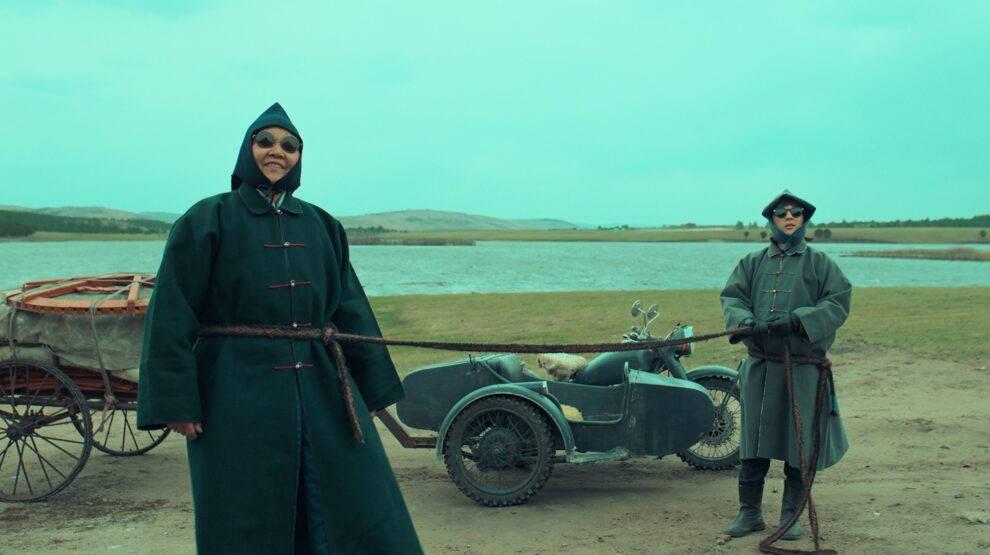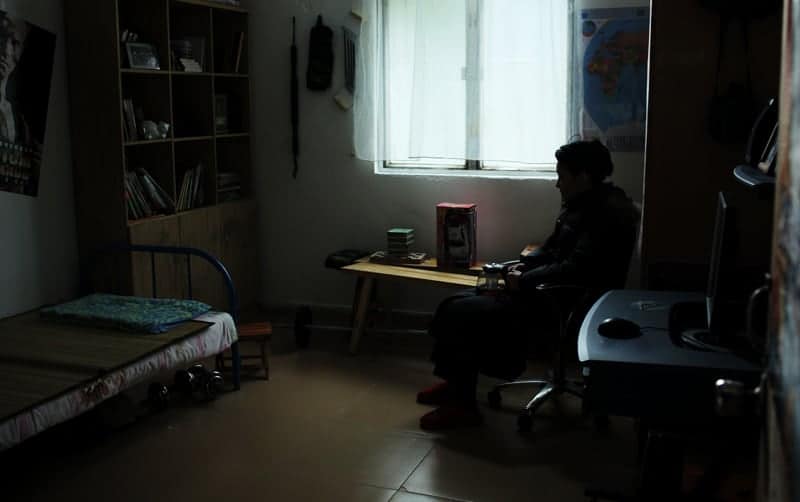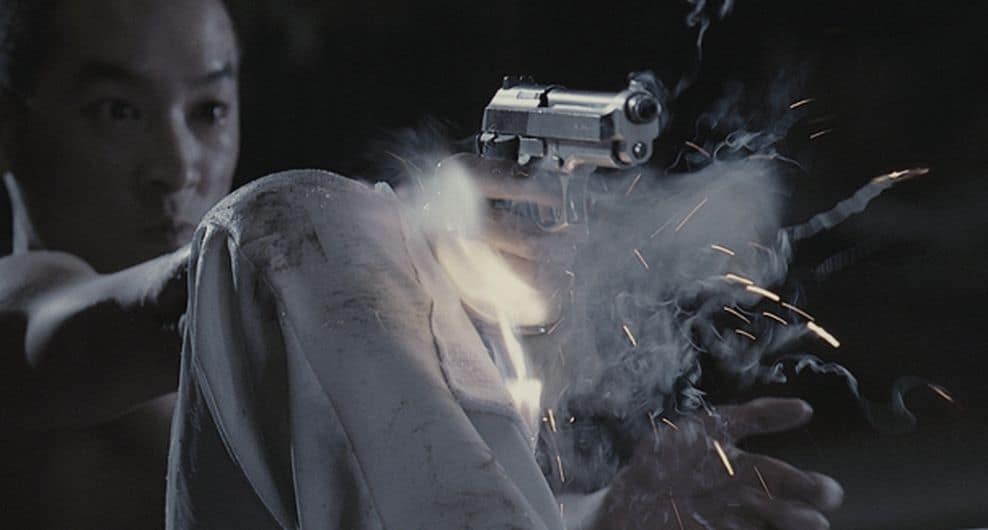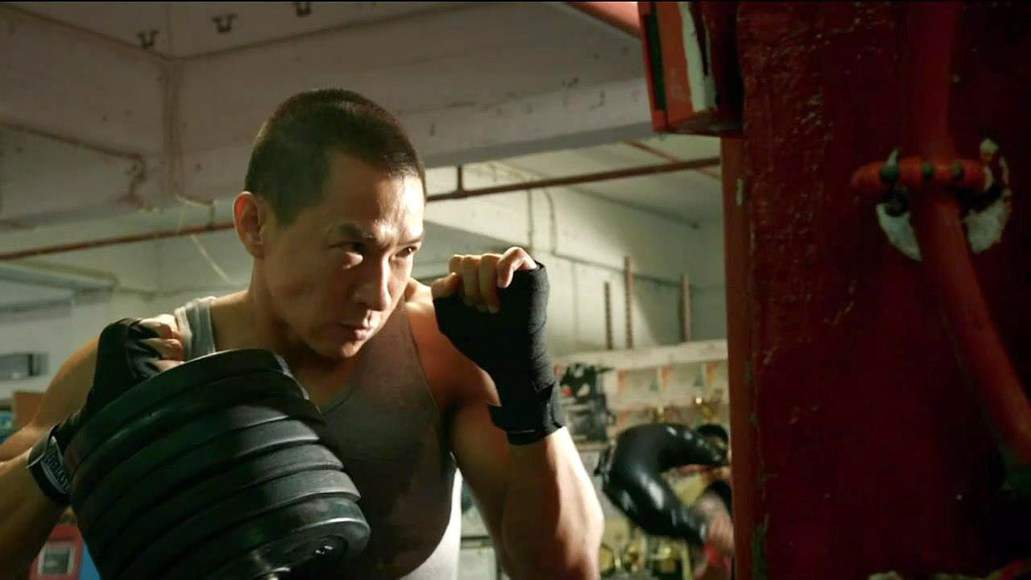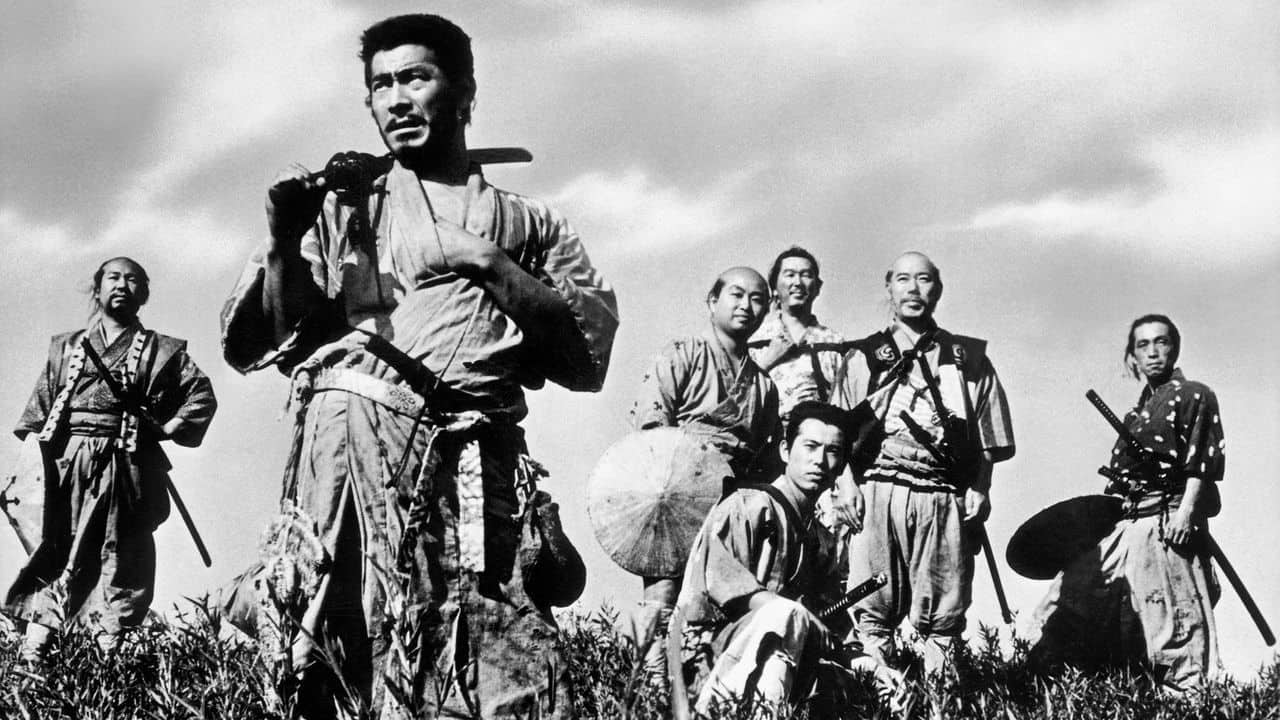Electronic music isn't exactly the soundtrack you'd expect for a film set in rural Mongolia, but this juxtaposition is part of the wider purpose of Qiao Sixue's debut feature “The Cord of Life”. Starring musicians and performers, this is a work about two different worlds becoming closer, in a film, and country, that can't escape their landscape.
The Cord of Life is screening at New York Asian Film Festival
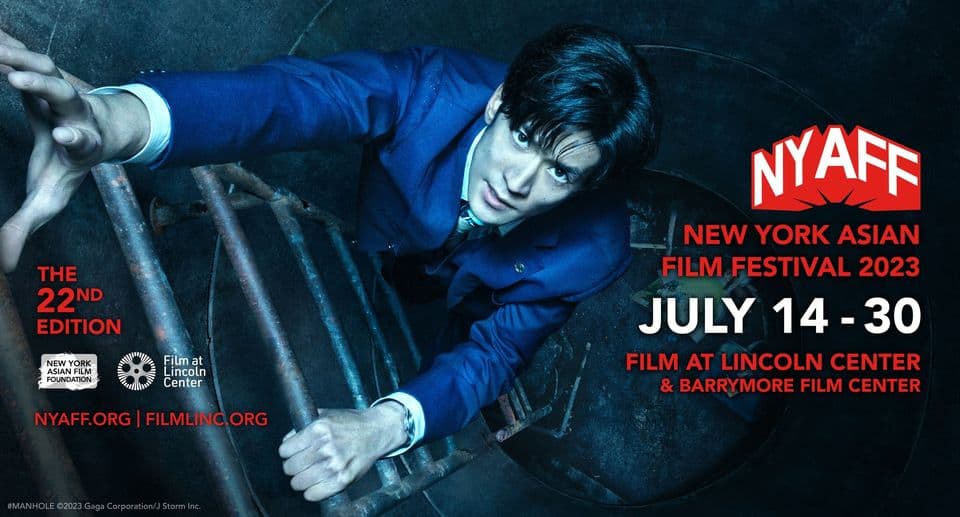
Alus (Yider) is an electronic musician living in Beijing. Receiving an unusual call from his mother (Badma), he returns to his brother's (Surya) home where she now lives. Learning of her increasing dementia, he decides to take her back to the home where he grew up on the steppes. But he's bitten off more than he can chew, her condition seeing her often run off and getting lost. Local Tama (Nahia), therefore, becomes indispensable for Alus, as he tries to get by and make some music. As his mother's condition gets worse, Alus wants to take her to a place of her childhood featured in an old family photo with her parents. She is now a child wanting to return home. And Alus is the parent having to guide her there.
Arriving with his hipster mullet, leather jacket and trainers, Alus has come a long way from his upbringing. As the opening scene shows, his career as a musician is also nothing like the Murin Khuur (a cello-like, stringed instrument) he was taught to play as a child. The old house needs power, which is essential for his music production – his using of a phone to record sounds for his beats is one of a number of examples of the modern world making its way in a culture seemingly trapped in the past. Electric power lines run alongside dirt tracks; drones fly overhead to announce they are on acres of private property; and graffiti adorns the walls of dilapidated buildings.
Check also this interview
In trying to help his mother find the place of her past, Alus too has to reconnect with his roots, returning to the songs of his youth and jamming most traditionally on the climax as part of a festival. The symbolism throughout, therefore, isn't exactly subtle, with each scene designed to further the point. His mother, seeking her past, is drawn to a traditional dress, while Alus needs electricity and modern trappings for a generation that's moving towards the future. He has escaped, but insists his mother doesn't roam free. His brother essentially keeping her locked up in a prison cell to help cope with her condition, Alus likewise ties them with a connecting rope to keep her in her place; and indeed the past tethered. But in keeping her close, this cord of life reconnects him with his past and cultural roots.
Tama is in essence the ideal: She is of Alus' generation, but has remained with her family on the plains. She gets things done and is proactive, but embraces Alus doing something different with his music, rather than simply regurgitating traditions. Mongolia is perhaps famed for its isolation and old ways, but Qiao shows a country willing to modernize and embrace new technology at every corner…they just come with extra sheep.
His mother's condition feels a little out of the senility playbook in ticking off symptoms, and so maybe lacks a little nuance to hit home the reality of living with a loved one with dementia. And perhaps it is a trait of Mongolian culture, but everyone is more than happy to go out of their way to help Alus in his plight. The plot, therefore, can feel a little more convenient than convincing at times. But the musical performances against the stunning natural backdrop more than make up for this. Cao Yu and Lu Songye's cinematography makes good with what they have to work with, the nighttime festival at the conclusion capturing the moment well.
This could be more subtle and nuanced, but is certainly thought-provoking, and perhaps with such stark contrasts, subtlety isn't the order of the day. Far from original, but in looking to your future, always look to that umbilical cord which gave you life in the first place.


